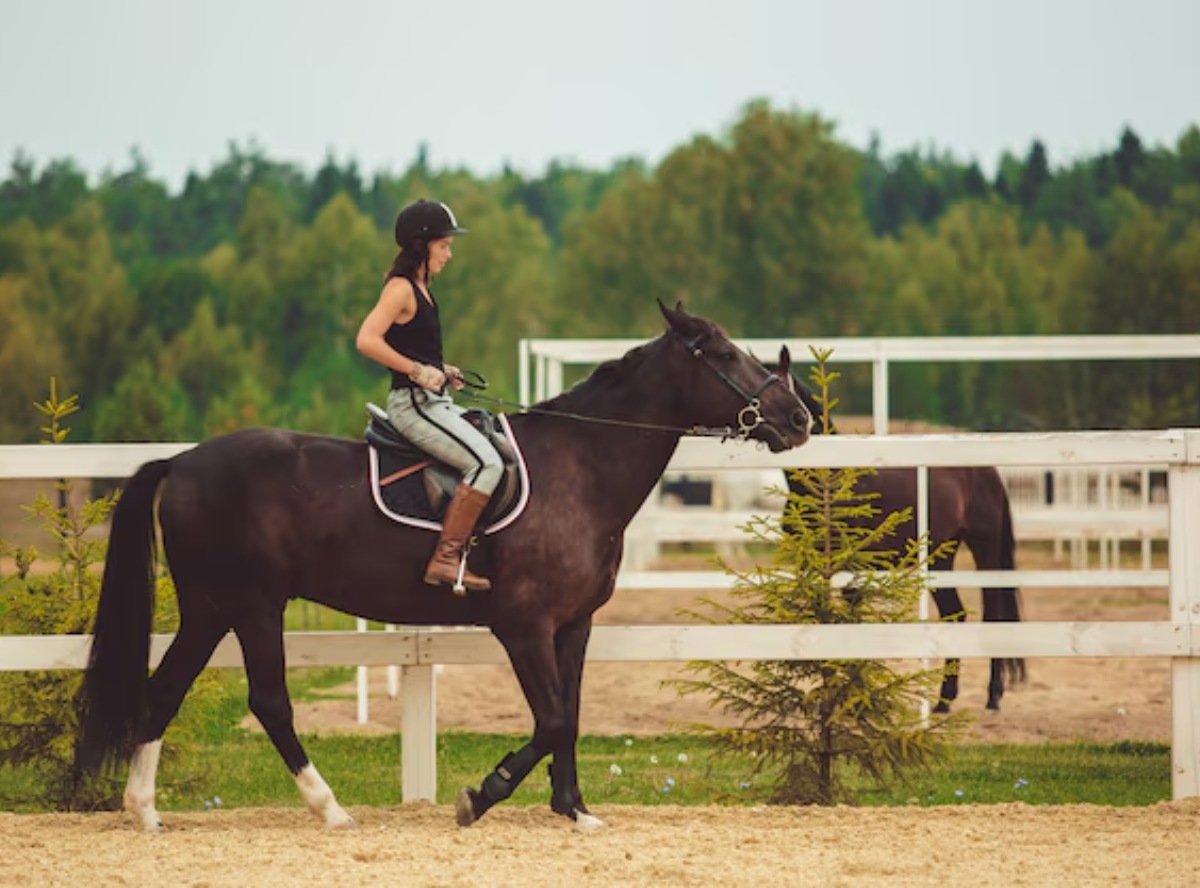Training a young horse is an exciting journey for both the horse and the trainer. It requires patience, commitment, and understanding of equine behavior. Successfully training a young horse can lead to a rewarding partnership that lasts a lifetime. In this guide, we will explore important aspects of training, covering everything from the early stages to advanced exercises.

Understanding the Basics of Horse Training
Before starting training a young horse, it’s crucial to understand the basics of horse behavior. Horses are herd animals and communicate through body language. Understanding these signals can help in building trust and establishing a strong bond.
Importance of Groundwork
Groundwork lays the foundation for all future training. It includes exercises that teach the horse to respond to commands while on the ground. This phase is essential for establishing respect and communication. For more on groundwork exercises, visit groundwork exercises.
Building Trust and Respect
Trust and respect are the cornerstones of any successful horse training. Spend time with your horse, understand its personality, and be consistent with your commands. This approach helps to foster a positive relationship.
Essential Equipment for Training
Having the right equipment is crucial in training a young horse. This includes a comfortable saddle, a suitable bridle, and safety gear for both horse and trainer. Proper equipment ensures safety and enhances the training experience.
Choosing the Right Saddle
A well-fitted saddle is vital for the comfort of both horse and rider. Ensure the saddle suits the horse’s body shape and does not restrict movement.
The Role of a Good Bridle
A bridle that fits well is essential for effective communication. It should be comfortable for the horse and allow precise control.
Step-by-Step Guide to Training a Young Horse
Step 1: Acclimating Your Horse
The first step in training a young horse is acclimating it to its surroundings. Allow the horse to explore and become familiar with its environment.
Step 2: Introducing Basic Commands
Start with simple commands such as ‘walk’, ‘stop’, and ‘turn’. Use a calm voice and be consistent with cues. Patience is key at this stage.
Step 3: Progressing to Advanced Training
Once basic commands are mastered, gradually introduce more complex exercises. This can include jumping, trail riding, and other discipline-specific training.
Common Challenges in Horse Training
Dealing with Behavioral Issues
Behavioral issues such as bucking or refusal to follow commands can occur. Address these issues with patience and professional guidance if needed.
Overcoming Fear and Anxiety
Young horses may experience fear and anxiety during training. Approach these situations calmly and provide reassurance to build confidence.
Maintaining Your Horse’s Health During Training
Regular veterinary checkups, a balanced diet, and adequate rest are essential for maintaining your horse’s health. Proper grooming can also prevent skin issues. Check horse shampoos for grooming needs.
Importance of Regular Checkups
Regular veterinary checkups ensure that your horse is in good health and ready for training. Address any health concerns promptly.
Nutrition and Diet
A balanced diet provides the necessary energy and nutrients for a young horse. Consult a nutritionist to ensure your horse’s diet meets its needs.
Continuing Education for Trainers
As a trainer, continuous learning is vital. Attend workshops, read books, and seek advice from experienced trainers to improve your skills.
Joining Training Workshops
Participating in workshops can provide new insights and techniques. It’s an excellent way to network with other trainers.
Reading and Research
Staying informed through books and online articles can enhance your training methods. Consider reading about training techniques for additional tips.
Conclusion: The Journey of a Lifetime
Training a young horse is a journey filled with learning, challenges, and triumphs. With patience and dedication, you can build a strong partnership with your horse. Remember to enjoy the process and cherish the bond you create.

FAQs
Q1: How long does it take to train a young horse?
The time required varies depending on the horse’s temperament and the trainer’s experience. It can take several months to a few years.
Q2: What age should you start training a young horse?
Training can begin as early as 2-3 years old, focusing on groundwork and basic commands.
Q3: Can I train a young horse on my own?
While it’s possible, it is advisable to seek guidance from professional trainers, especially if you are inexperienced.
This article contains affiliate links. We may earn a commission at no extra cost to you.








